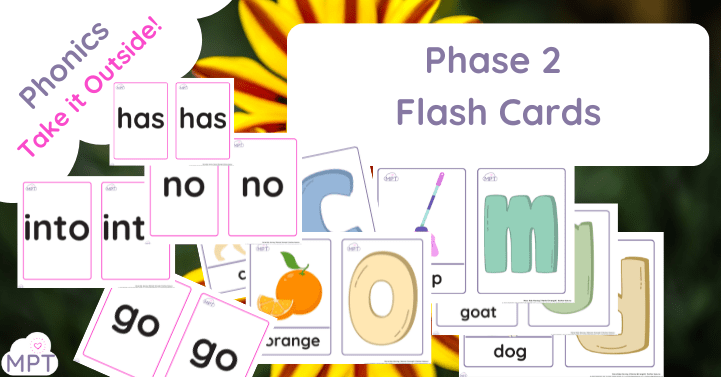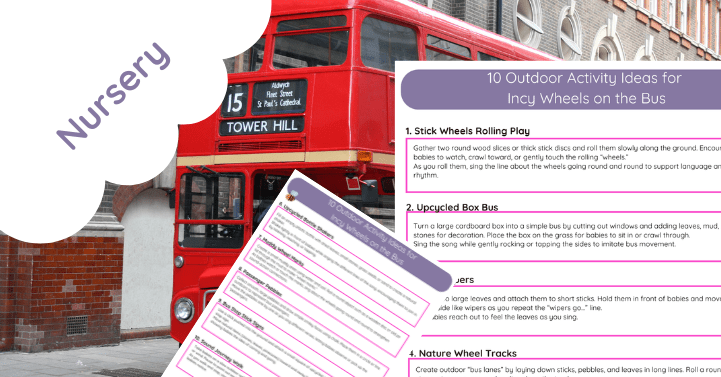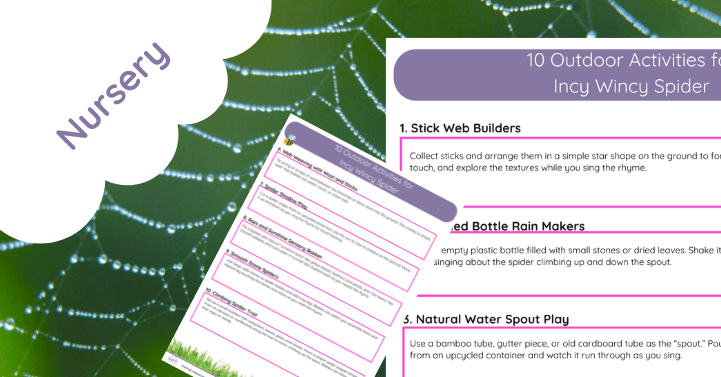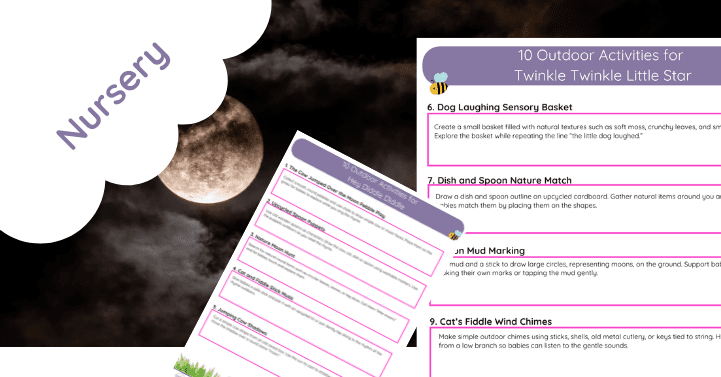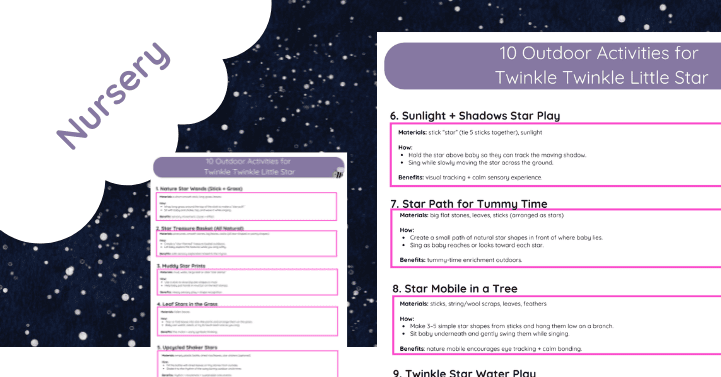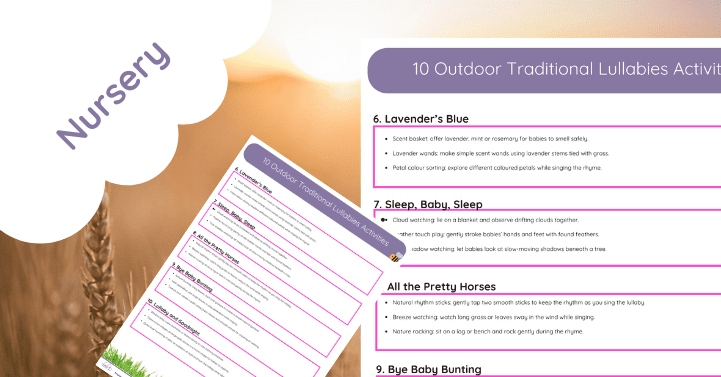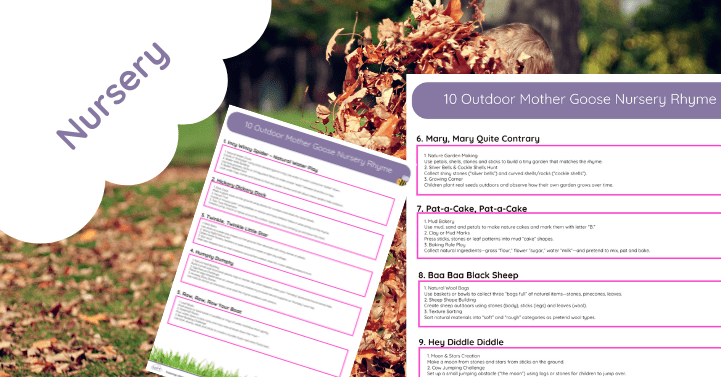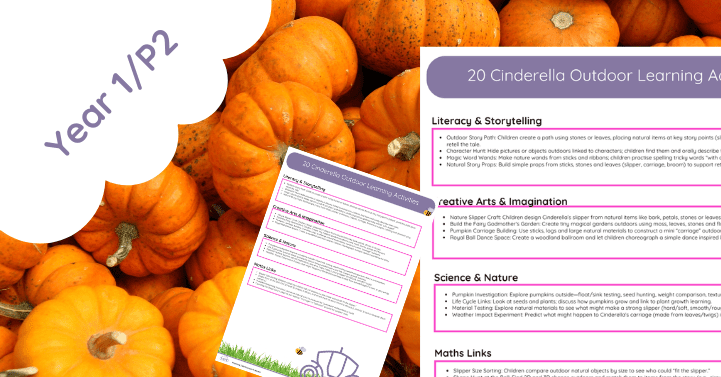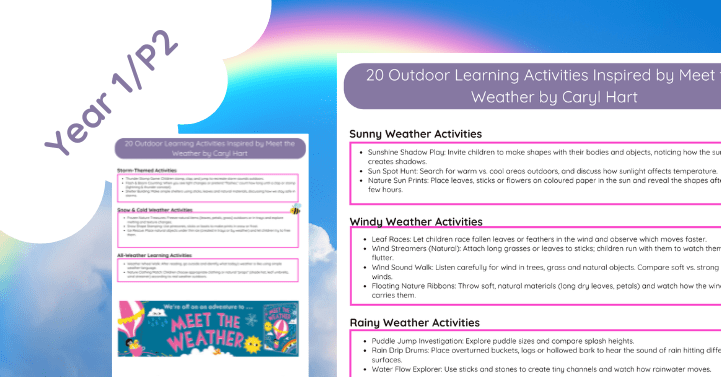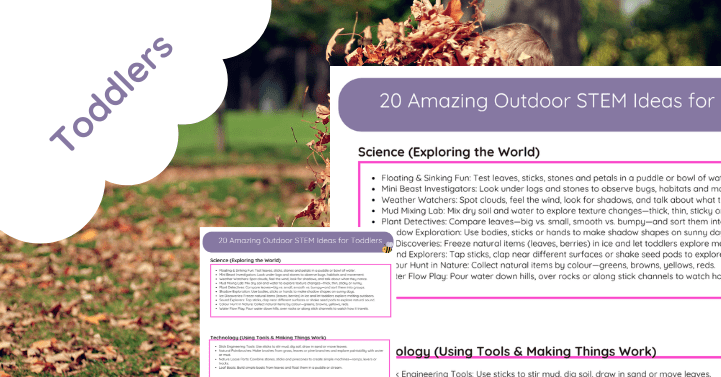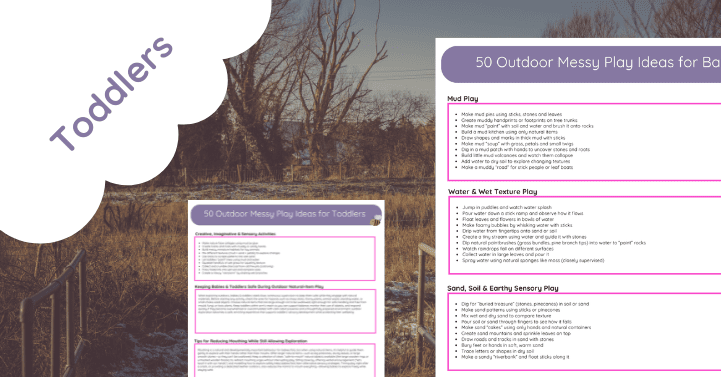Taking Phase Two phonics flashcards outdoors can transform learning into an engaging and dynamic experience for children. The natural environment offers ample opportunities to reinforce phonetic skills through play and exploration. Here are several creative ways to utilize these flashcards outside:
Phase 5 phonics sounds in letters
1. Sound Hunt in Nature
Hide flashcards around your outdoor area and encourage children to embark on a sound hunt. As they discover each card, prompt them to pronounce the corresponding sound. This activity not only reinforces phonetic recognition but also adds an element of adventure to learning.
2. Phonics Obstacle Course
Set up an obstacle course where each station features a flashcard. Children can only proceed to the next station after correctly identifying the sound on the card. This integrates physical activity with phonics practice, catering to kinesthetic learners.
3. Nature’s Tracing Tools
Provide children with natural materials like sticks, leaves, or stones to trace the letters on the flashcards. This tactile approach enhances letter formation skills and connects learning with the environment.
4. Phonics Relay Race
Divide children into teams and organize a relay race where they must run to a designated spot, pick a flashcard, and return to their team to pronounce the sound. This fosters teamwork and makes phonics practice energetic and fun.
5. Sound Matching with Natural Objects
Collect various natural items (e.g., rocks, leaves, flowers) and have children match them with flashcards based on the initial sound of the object’s name. This activity promotes sound-object association and vocabulary development.
6. Phase 2 Phonics Cards Scavenger Hunt
Create a list of items found in nature that correspond to the sounds on the flashcards. Children can search for these items, reinforcing their understanding of phonics in a real-world context.
7. Flashcard Hopscotch
Draw a hopscotch grid and place flashcards in each square. As children hop through the grid, they say the sound of the flashcard they land on, combining physical movement with phonetic practice.
8. Outdoor Storytime with Flashcards
Encourage children to create simple stories or sentences using the sounds from selected flashcards. Sharing these stories in an outdoor setting can inspire creativity and application of phonetic knowledge.
9. Phonics Fishing Game
Attach small magnets to flashcards and place them in a shallow container representing a pond. Using a makeshift fishing rod with a magnet, children can “fish” for sounds and pronounce them upon capture.
10. Alphabet Garden
Assign each letter sound a spot in the garden and place the corresponding flashcard there. Children can plant seeds or place related objects in each spot, reinforcing the connection between the letter and its sound in a tangible way.
Incorporating these activities not only makes phonics learning enjoyable but also leverages the benefits of outdoor play, such as increased engagement and sensory experiences. By bringing Phase Two phonics flashcards outside, educators and parents can create a holistic learning environment that fosters both educational and personal growth.


